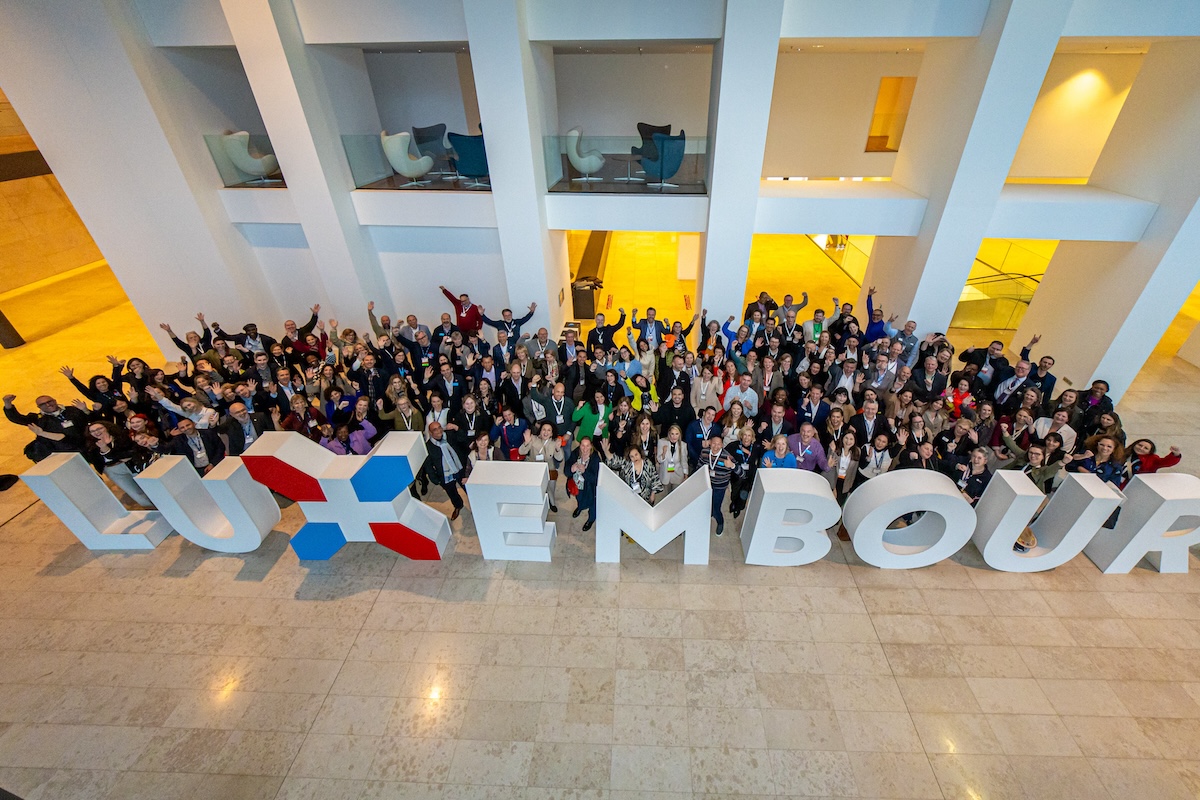Skift Take
Labor shortages are impacting events in multiple and sometimes completely unforeseen ways. Four event experts candidly share their horror stories. Treat these as warnings for those hosting events in the weeks and months ahead.
For many meeting planners, staff shortages and supply chain issues are testing their ingenuity to the max these days. While destinations and venues are open, a lack of trained and experienced staff is adding unwanted challenges in hosting all types of events.
For Courtney McGee, president and CEO of Event Logistics, challenges began just before 3,000 attendees were set to arrive in Nashville for a convention. To her dismay, she learned that none of the bus drivers handling transfers to the hotels would be touching any of the luggage on the buses.
“Unloading luggage for a convention group is a horrendous task, so I had to get creative,” McGee said. “What we ended up doing is recruiting members of a fraternity at Vanderbilt University to load and unload the bags. I told them to keep track of their hours, and we would write a check to their philanthropic fund.”
Another stumbling block came when McGee planned to serve a picnic-style lunch featuring fried chicken for a group of 3,500 at Nashville’s Music Center, something she had done many times before. But, to her surprise, the caterers told her they could not source enough chicken for a group that size.
“Nashville’s is famous for its hot fried chicken, and people expect it when they come here, but because of a supply chain issue, we weren’t able to provide it,” she said.
Even with her own travel to events, McGee has other “horror stories” that include attending a trade show in Indianapolis where the dumpsters were overflowing with trash because there was not enough waste management staff to empty them.
Checking into a hotel In Reno, she knew not to expect daily housekeeping service, but she did not expect to find a bed with no bedding. “I called the front desk to get the bed made up,” she said. “What they did instead was to send someone up with folded sheets so I could make up the bed myself.”
Pinch Hitting for Banquet Staff
Renee Radabaugh, president of Paragon Events, was recently in the midst of a high-end incentive program at an island resort where the highlight would be a gala tasting dinner for 150 featuring cocktails and mocktails paired with each course. But while everything had gone smoothly during a test run for a few people, it soon became clear that the banquet staff was too sparse to handle the complex service required for a larger group.
“We could see right away that we needed to leap into action,” Radabaugh said. “I took over expediting the plates from the kitchen, while one of my staff became the beverage expeditor and two others became floor managers. It was a bit chaotic, but we pulled it off. The hotel was very grateful.”
Other challenges have arisen on the air transportation end, with pilot and crew shortages resulting in flight cancellations and lengthy delays. “It turns into a real dilemma when you have people coming in for a five-night incentive program, and they end up missing one or two nights of the program,” Radabaugh said. “Not only do you have to help them through their flight and hotel arrangements during the delay, but come up with ways for them to feel they’re getting the same experience as everyone else.”
Ground transportation has been another challenge, sometimes requiring contracting with several bus companies, including some located out of the city. “If you have to move a lot of people, there simply may not be enough Ubers, taxis, or rental cars. You have to think of five or six different options just to get people to the hotel,” said Radabaugh.
Sales Staff Shortages
For Steve Kinsley, president of Kinsley Meetings, just making initial contact with hotels and vendors has been an ordeal. Especially problematic was trying to arrange a site inspection at a hotel in Las Vegas for a 100-person meeting set for this November.
“Finally, four salespeople later, we were able to set up a site inspection,” he said. “The site inspection was a disaster because they had a senior sales person fill in due to lack of staff. He was obnoxiously rude to our staff because he only deals in large groups. We ended up going to another hotel where they welcomed us with a quick response and open arms, even though the space was not perfect.”
In other recent instances, Kinsley encountered a two-month wait in getting a response for A/V services and is currently without a Conference Services Manager (CSM) for an event scheduled in September.
“A salesperson is trying to fill in as best as possible however it takes more time, and more questions arise than if there was a CSM well versed in the process,” he said. “We have seen this at more than one property–a CSM is covering for too many groups, or a salesperson is covering for a CSM.”
Best Practices
While challenging situations due to short staffing cannot always be avoided, meeting planners are finding there are ways to minimize their impact.
“We are patient until we get to the point of immediate need, and then we engage with a director of sales or general manager to help us get things done prior to program arrival,” Kinsley said. “We are very vigilant on-site, and if we see an issue arising, we move quickly to alert the hotel so that it does not have an effect on attendees.”
Colleen Connor, associate director of Global Event Management, said the best survival strategy is to make sure the hotel is aware of the needs of the group, including their behavior patterns.
“These days, you’ve got to plan for more aspects of the meeting than you did before,” she said. “If you know your group is likely to descend on the hotel bar after the meeting sessions, let the hotel know to expect that. Is the bell staff fully staffed? Is the restaurant fully staffed? All of these things need to be checked out.”
McGee said there are ways to work around staffing shortages so that the attendee experience is not affected.
“It’s easier to staff a buffet than a plated meal, so we’re doing more buffets,” she said. “We’re also giving attendees a gift card to use at local restaurants during a free night, so it eliminates a group dinner and lets people try different restaurants. We’re putting together snack packages with water and power bars, knowing that there won’t be room service.”





